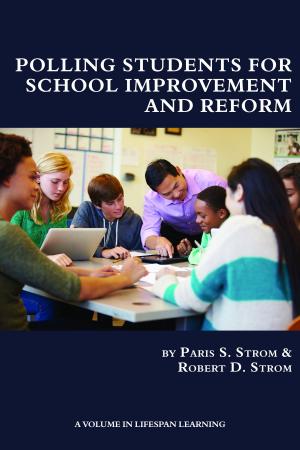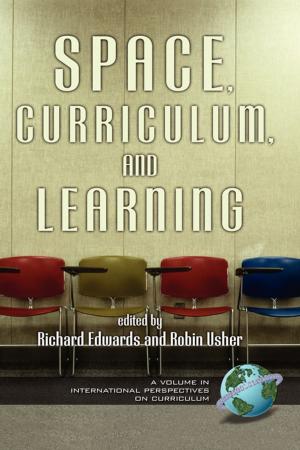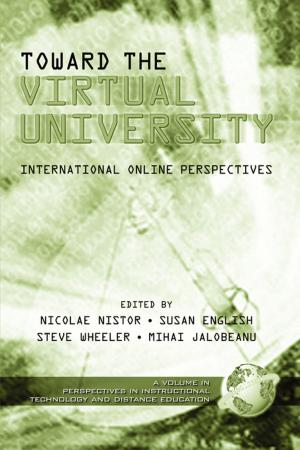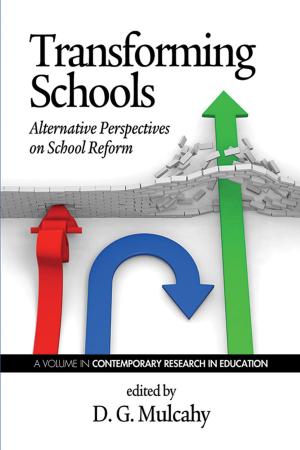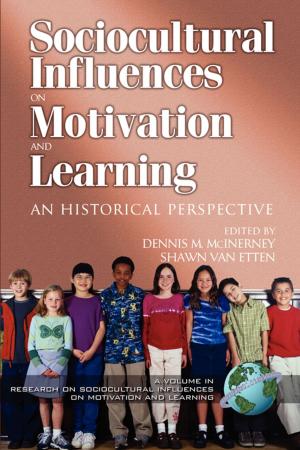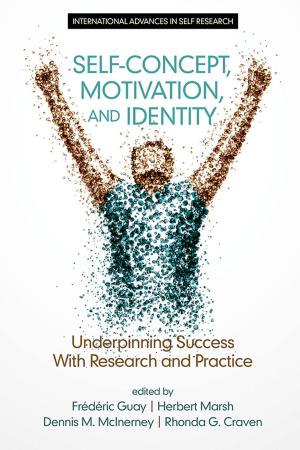International Advances in Self Research volume 1
Nonfiction, Health & Well Being, Psychology, Personality| Author: | ISBN: | 9781607528883 | |
| Publisher: | Information Age Publishing | Publication: | October 1, 2003 |
| Imprint: | Information Age Publishing | Language: | English |
| Author: | |
| ISBN: | 9781607528883 |
| Publisher: | Information Age Publishing |
| Publication: | October 1, 2003 |
| Imprint: | Information Age Publishing |
| Language: | English |
MISSION STATEMENT: Maximising selfconcept is recognised as a critical goal in itself and a means to facilitate other desirable outcomes in a diversity of settings. The desire to feel positively about oneself and the benefits of this feeling on choice, planning, persistence, and subsequent accomplishments transcend traditional disciplinary barriers and are central to goals in many social policy areas. ‘International Advances in Self Research’ monograph series publishes scholarly works that primarily focus on selfconcept research and pertain to a broad array of selfrelated constructs and processes including selfesteem, selfefficacy, identity, motivation, anxiety, selfattributions, selfregulated learning, and metacognition. The research focus of the monograph series includes theory underlying these constructs, their measurement, their relation to each other and to other constructs, their enhancement and their application in research and practice. Chapters address a wide crosssection of: settings participants and research areas This series has a special interest in selfconcept theory and research in settings characterised by diversity, such as special education, linguistic diversity, socioeconomic and cultural diversity.
MISSION STATEMENT: Maximising selfconcept is recognised as a critical goal in itself and a means to facilitate other desirable outcomes in a diversity of settings. The desire to feel positively about oneself and the benefits of this feeling on choice, planning, persistence, and subsequent accomplishments transcend traditional disciplinary barriers and are central to goals in many social policy areas. ‘International Advances in Self Research’ monograph series publishes scholarly works that primarily focus on selfconcept research and pertain to a broad array of selfrelated constructs and processes including selfesteem, selfefficacy, identity, motivation, anxiety, selfattributions, selfregulated learning, and metacognition. The research focus of the monograph series includes theory underlying these constructs, their measurement, their relation to each other and to other constructs, their enhancement and their application in research and practice. Chapters address a wide crosssection of: settings participants and research areas This series has a special interest in selfconcept theory and research in settings characterised by diversity, such as special education, linguistic diversity, socioeconomic and cultural diversity.




